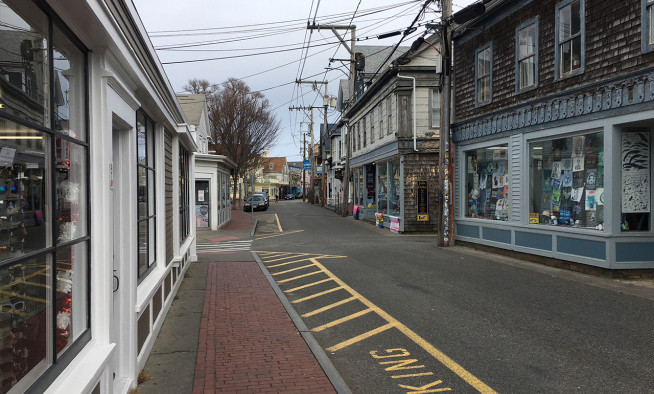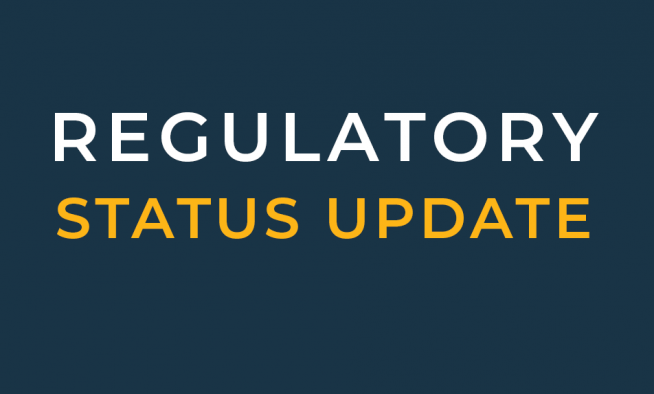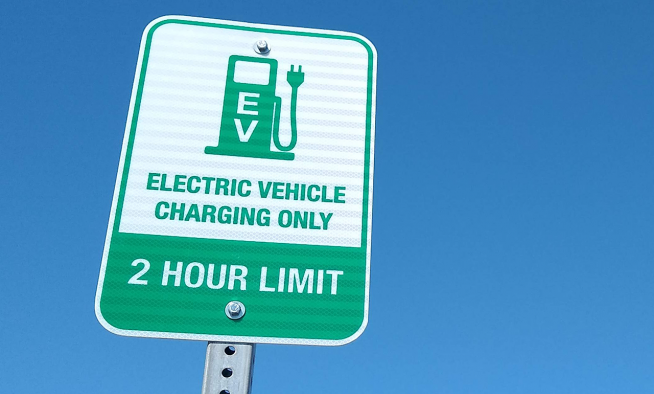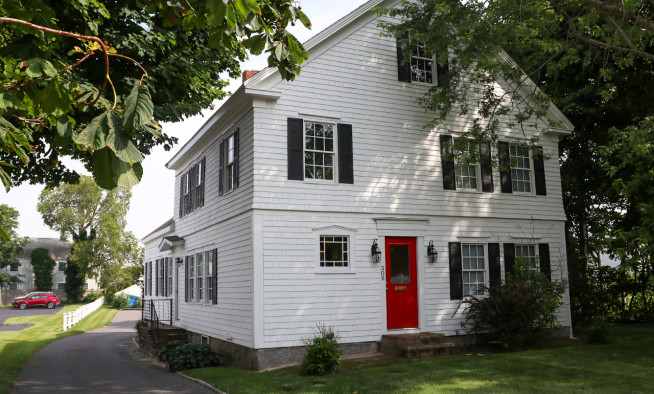FAQ: WMAs and the June 15 Deadline
The Cape Cod Commission and the towns of Cape Cod are obligated under a settlement agreement between the Conservation Law Foundation (CLF) and United States Environmental Protection Agency (U.S. EPA) to designate Waste Treatment Management Agencies capable of performing duties spelled out in the Federal Clean Water Act. These designations must coincide with submission of the Section 208 Update by the Massachusetts Department of Environmental Protection (MassDEP) to U.S. EPA on June 15. Below are some frequently asked questions and answers.
What are WMAs?
A “Waste Treatment Management Agency” or “WMA” is a distinct term that comes directly from the Federal Clean Water Act. It refers to the entities, body or bodies that have been designated to be responsible for the implementation of the Clean Water Act Section 208 Plan Update.
What do they do?
A WMA must be able to do the following:
carry out the areawide waste treatment management plan;
manage waste treatment works and related facilities;
directly or by contract, to design and construct new works, and to operate and maintain new and existing works as required by any plan developed pursuant to subsection (b) of this section;
accept and utilize grants, or other funds from any source, for waste treatment management purposes;
raise revenues, including the assessment of waste treatment charges;
incur short- and long-term indebtedness;
assure in implementation of an areawide waste treatment management plan that each participating community pays its proportionate share of treatment costs;
refuse to receive any wastes from any municipality or subdivision thereof, which does not comply with any provisions of an approved plan under this section applicable to such area; and
accept for treatment industrial wastes.
There are 28 entities on Cape Cod that can carry out these specific functions, including all 15 municipalities.
Why is it important for the towns to act now regarding WMAs?
As part of the Clean Water Act Section 208 Plan Update, there is a requirement that WMAs be designated when the Section 208 Plan Update is submitted by MassDEP to the U.S. EPA. The U.S. EPA notified MassDEP and the CCC that the update and WMA designations are due to be submitted by June 15, 2015.
Each town has the opportunity to work with the CCC prior to the designation of WMAs to ensure that the 208 Plan Update coordinates its approach in shared watersheds Cape-wide.
What is the effect of Conservation Law Foundation v. US EPA settlement agreement?
The United States District Court in the matter of CLF v. U.S. EPA recently issued a stay of that litigation while efforts are made to update the 208 Plan and designate WMAs. This is significant because the court has placed a hold on the lawsuit to give the U.S. EPA an opportunity to review the 208 Plan Update and WMA designations. During this time, the CLF may not challenge Cape-wide TMDLs, nor seek any type of Court imposed solution to solve the nitrogen issues on Cape Cod.
What is the CCC’s plan between now and June 15 to work with the 15 Cape towns?
The Cape Cod Commission Executive Director and Staff will work with Town representatives over the next three months in a working group approach. Using five watersheds across the Cape for illustration and discussion purposes (i.e. Waquoit Bay, Lewis Bay, Bass River, Pleasant Bay and Wellfleet Harbor), the CCC will take a three step approach with the towns regarding the WMA designation.
1) In April, town representatives will be asked to discuss nitrogen load allocations in those watersheds.
2) In May, town representatives will use these same illustrative watersheds to discuss the concept of developing watershed scenarios.
3) In June, town representatives will have the opportunity to pose questions to a legal team regarding organizational and legal structure of potential solutions a WMA could use.
In June, the recommended WMAs will be submitted by the CCC to MassDEP, who will submit the 208 Plan Update to U.S.EPA..
There’s no time to go to Town Meeting.
How can this be achieved by June 15?
Town meeting is not required for this first step of designating WMAs; it is accomplished by submission of the 208 Plan Update to U.S. EPA by the CCC. U.S. EPA then has the role of deciding if it will accept the WMA designations. If the WMAs nominated can perform the functions listed by Section 208 (c) of the Clean Water Act, they must be accepted.




